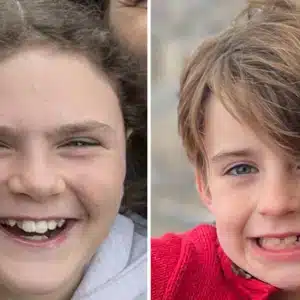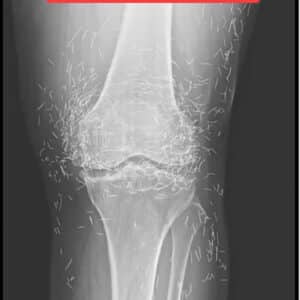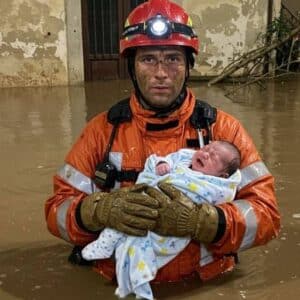When I was 14, I spent the night at my friend’s house. Her dad was quiet—almost too quiet. At 2 a.m., I noticed something strange in the corner of the room: a small, blinking red light. A hidden camera.
Panicked, I jumped out of bed and covered it with a blanket.
Moments later, her dad stormed in.
“Idiot! That’s a—”
He paused.
“…a heat sensor. Not a camera.”
His voice was sharp, eyes blazing. I froze, terrified. My friend Alina sat up, groggy and confused.
He stormed off, muttering about “kids these days.”
But I couldn’t shake the feeling. Who installs a “heat sensor” in their teenage daughter’s room… aimed directly at her bed?
Alina just rolled over.
“He’s just weird.”
I didn’t sleep that night. The house felt too still. I left early the next morning, lying that I had a stomachache.
I never told anyone. Not my sister. Not my parents. I convinced myself it had to be a sensor. I didn’t go back to her house again.
For a while, we stayed friends. School friends. No more sleepovers.
Then, three years later, everything changed.
Scrolling through a local news app on my phone—one my mom forced me to install—I saw a headline:
“Local Man Arrested for Secret Recordings in His Home”
I clicked. My heart dropped.
It was him.
Alina’s dad.
He had hidden cameras in bathrooms and bedrooms. Dozens of tapes. Drives. Everything stored in a locked filing cabinet. According to the article, a family member had tipped off police.
My first thought? Alina.
I tried texting her. Nothing. Her social media had gone dark. A mutual friend told me she moved. New school. No one had heard from her.
I carried that dread for years. The guilt. The what-ifs. What if I’d spoken up? What if I was recorded too?
Then, in college, a message popped up from a name I didn’t recognize: Ana_Laura89. The photo stopped me cold.
It was Alina.
“Hey. I’ve wanted to reach out for a long time. Can I call you?”
When we finally spoke, she told me everything.
She’d suspected her dad for a while. But after my visit—after I covered that “sensor”—he got paranoid. Started moving things. That’s how she discovered one of the exposed wires in her closet weeks later.
“If you hadn’t done what you did,” she said, “he might have kept it all hidden for years.”
Alina found the recordings. She recognized girls from school. Friends. She confided in a cousin—one studying law—who helped her secretly document everything and go to the police.
He went to prison. They moved. Her mom got help. Alina stopped trusting people for a long time.
But recently, she found her voice.
“I’m speaking at a youth shelter next week. Telling my story.”
She sent me a photo from the event. She stood in front of a group of teenage girls, a poster behind her:
“Your Gut Is a Gift. Listen to It.”
That night, one of the girls came forward with her own secret. Her stepfather is now under investigation.
That moment changed me, too.
I started volunteering at that same shelter. I don’t tell them my full story. Just enough to say: I know what it’s like to be scared. And to listen to your gut.
Because sometimes, the smallest thing—a blanket over a blinking red light—is the beginning of a rescue.
Not every act of courage feels heroic. Sometimes it’s fear. Sometimes it’s leaving early without saying why.
But what if that’s enough?
What if your instincts save someone—even if you never know it?





